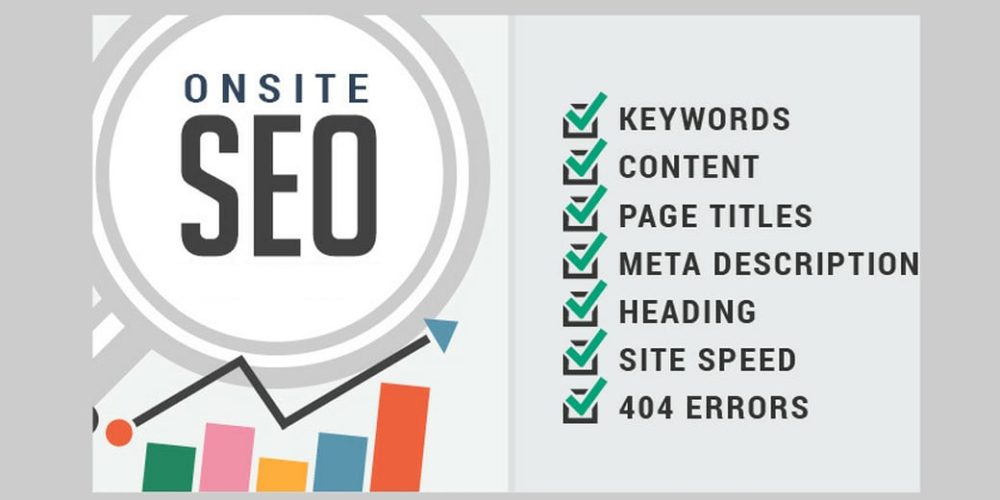On Page Optimisation – A Quick Introduction

On Page Optimisation – A Quick Introduction
There are many people who are just starting out in SEO and don’t know what SEO is and how it should be applied. SEO simply stands for Search Engine Optimisation. A quick reminder, SEO or Search Engine Optimisation is where you construct your web pages and implement certain techniques to help you rank as high as possible on search engine result pages (SERPs).
The higher your pages can rank on Google/Bing/Yahoo/etc. results pages, the more traffic your site is likely to get.
Now, SEO can be split up into two separate categories; On-Page SEO & Off-Page SEO.
On-Page SEO
On-Page SEO refers to all the things that you can do ON your website to help you rank higher, such as page titles, internal linking, meta tags & descriptions, etc.
Off-Page SEO
Off-Page SEO refers to all the things that you can do directly OFF your website to help you rank higher, such as social networking, article submission, forum & blog marketing, etc. This is another method of optimisation. It includes technical factors like page titles, keyword placement, and keyword density.
Here is a simple checklist that will help you maintain your On-Page Optimisation:
> Keyword density – Avoid keyword stuffing and keep the density between 0.5 to 1.5%.
> Heading tags – Use heading tags (H1, H2, H3, etc.) to highlight main points.
> Targeted keyword – Choose a perfect keyword for your blog posts. Prefer long-tail keywords as they are easier to rank. Use your focus keyword once in the first paragraph of your post, if possible.
> Permalink structure – Use an SEO-friendly permalink structure which contains your focus keyword.
> Meta description – Fill out your meta description. Don’t leave it blank. Your meta description should have your focus keyword in it.
> Write keyword rich titles – The title of your blog post should be attractive and keyword rich. It is better to start your title with your focus keyword.
> Image optimisation – Optimise your images to boost your SEO status.
If you are not taking care of your SEO, then it will become hard for your site to rank well on Google. On-Page Optimisation is the best technique to bring interested visitors to your website.
These are just a few simple techniques are just some of the ways that you can improve your on-page SEO. When one is used independently of the others then this won’t make much difference to your site ranking. However, when used together, they can help to improve your search engine rankings and help generate site traffic.
They will help to get your pages working better, they will help to get your entire site crawled by search engine spiders, they will help increase the value of internal pages and they will build the relevancy of internal pages to specific keyword phrases.
Direct Submit are a digital marketing agency that specialises in all thing’s SEO. If your business relies on traffic from the search engines, and it would benefit from the increase in traffic better rankings could deliver, we can help. Call today on 0845 2722350 or visit our SEO Services website today for more information.